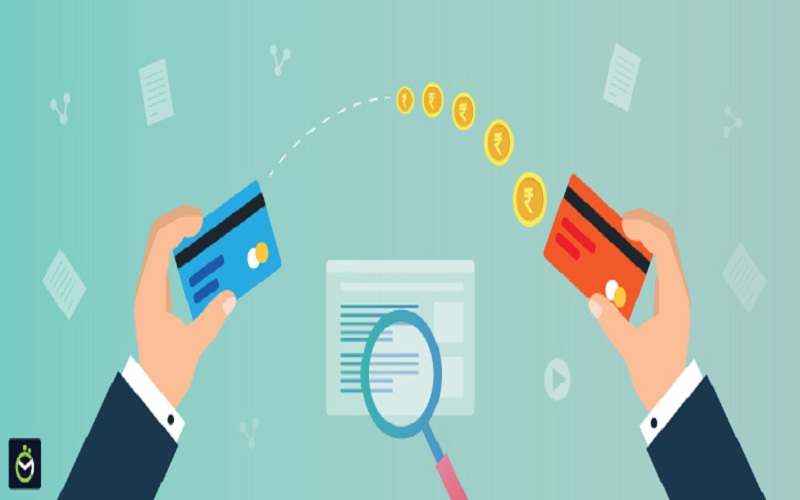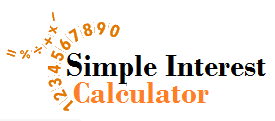
A low-interest balance transfer credit card can offer advantages when planning to maintain your finances. One of the primary advantages here is the possibility of saving money on interest payments. When you complete a balance transfer from an existing credit card to one with a lower interest rate than that, you can save interest charges in the long run since a lower interest rate equals lower charges. This can be particularly good for people with many credit card debts, as it permits them to pay down their balances faster and more efficiently.
1. Reduced Interest Payments
Low-interest Balance Transfer credit cards benefit from moving outstanding high-interest credit card balances to a card with an almost negligible interest rate. As a result, plenty of interest will be saved on repayments, reducing the repayment timeframe and overcoming debt much faster.
2. Consolidation of Debt
Low-interest balance transfer cards allowed debtors to combine multiple credit card cards in one card. It reduces the multiplication of debts and simplifies the repayment process. The burden of figuring out which due date is due and which payment has what rate is lifted off the user, instead leaving them to direct their attention to a single payment, thus bringing simplicity to the management of finances.
Read More: Company Formation Mexico.
3. Improved Credit Score
One way of achieving this goal is to consolidate debt and continue paying on a low-interest balance transfer card. If such an approach is successful, it should improve credit scores. On-time payments and this approach of low credit utilization will strengthen the creditworthiness in due course, resulting in the freedom to choose products offered and credit terms that should otherwise be unavailable.
4. Financial Flexibility
Besides, the lower interest may also correspond to the reduced monthly payments. More stops mean fewer monthly cash outlays. This frees money that could be used on other essential expenses like investments, savings, or other necessities that eventually contribute to financial stability.
5. Create a Budget
One of the most essential ways to stop impulse spending is to create a comprehensive budget where you itemize income, expenses, and savings targets for proper financial management. With a fixed piece assigned for each category and keeping as close as possible to those amounts, people can control their spending and will only fork out for necessary things.
6. Use Cash/Credit card/Debit card
In some cases, instead of making payments with cash, using a credit or debit card may contribute to stopping impulse spending more than spending from your current account because the person is limited to spending only what they have already deposited at that time. With this, you are not in the situation of incurring debt or making lazy purchases.
7. Set Clear Goals
Establishing a financial goal, even if it is something as simple as saving for a vacation, creating a debt freedom plan, or building an emergency fund, is a great way to guide an individual on what the pursuit of these goals should be. The definition of the future targets motivating people to enforce discipline in spending and, simultaneously, reduces the urge to make hasty purchases that distract from the goals.
8. Seek Support
Acting impulsively, even if you have taken steps to eliminate this bad habit, should be a red flag for you. This is where enlisting the help of a financial advisor, a therapist, or a support group becomes necessary. These professionals will significantly help as they shall offer guidance and strategies and be accountable to their professionals to overcome the impersonal behaviors that lead to an unstable financial environment.
Key Takeaway
Low-interest balance transfer cards provide several advantages. First, they are for those who need to create simplified financial management and make additional perks, such as postponing payments without extra charges, access to low-cost funds in the future, etc. Nevertheless, the fact that we have to learn the reasons for our impulsive purchases is necessary to achieve a long-term financial perspective. Impulsive buying can be held in check by practicing habits such as budget planning and asking yourself questions about the purchases.





